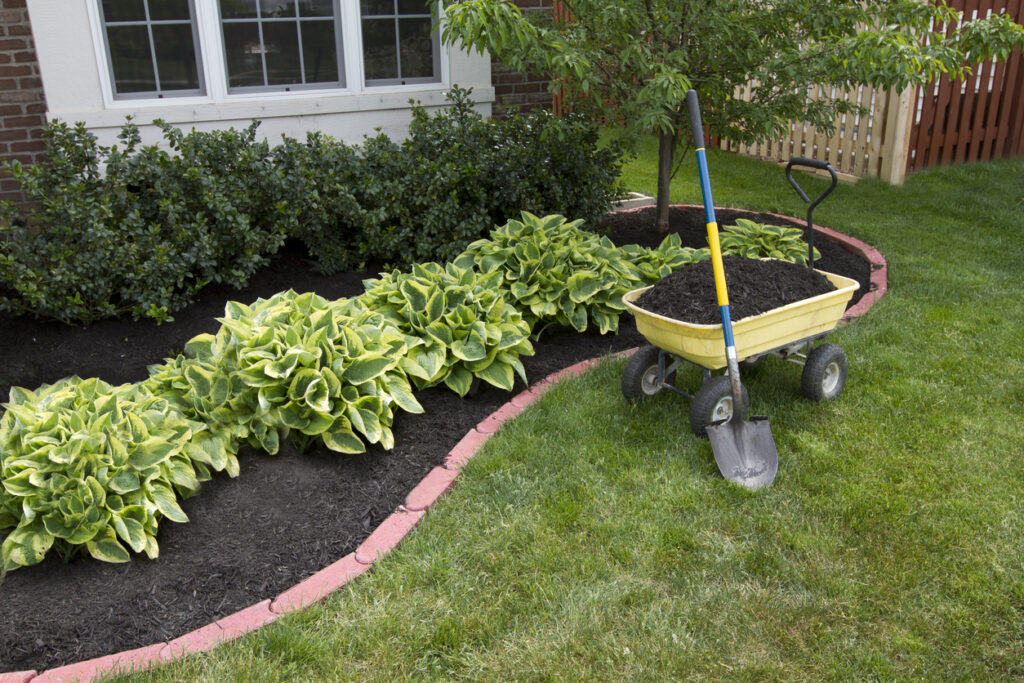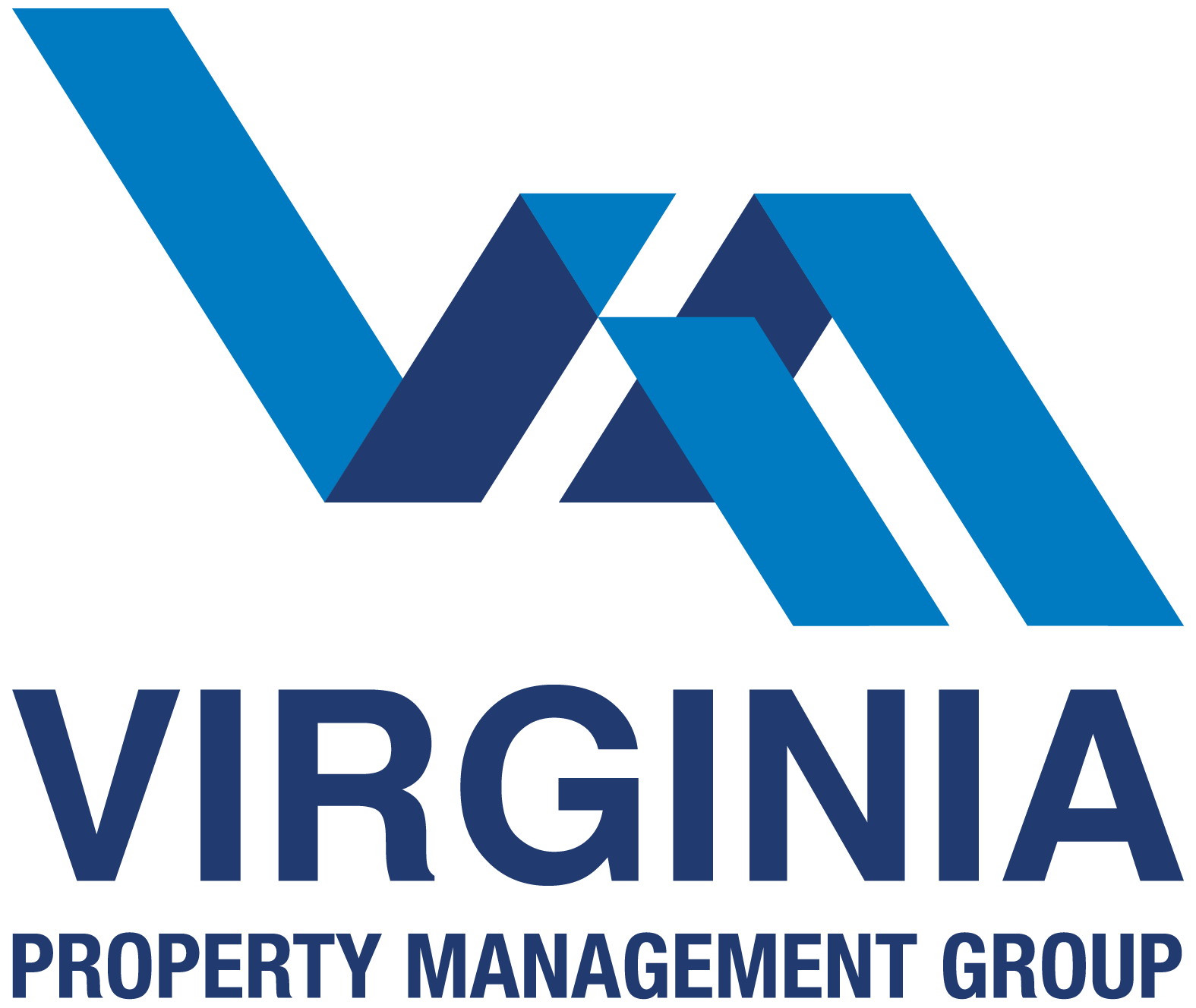
Maintaining curb appeal isn’t just about aesthetics—it can have a big impact on property value, neighborhood perception, and even legal compliance. Whether you’re a seasoned landlord or renting out your first home in Northern Virginia, understanding your responsibilities, particularly when it comes to landscaping and lawn maintenance, is crucial.
This topic comes up often: “Is the landlord responsible for landscaping?” While there isn’t a one-size-fits-all answer, several important factors—lease agreements, HOA rules, local ordinances, and best practices—can help determine the right approach for your rental property.
Landscaping Laws and Lease Agreements in Virginia
In Virginia, there are no blanket state laws that automatically assign landscaping responsibilities to either landlords or tenants. Instead, this duty is typically addressed in the lease. A strong, well-written lease agreement should clarify who handles yard work, lawn mowing, leaf cleanup, edging, weeding, pruning, snow removal, and general outdoor upkeep. Without this clarity, both parties may make assumptions that can lead to disputes.
Generally, landlords in Virginia are responsible for keeping rental units in a livable condition under the Virginia Residential Landlord and Tenant Act (VRLTA). This includes things like working plumbing, heating, and structural safety, but not necessarily outdoor aesthetics or lawn care. However, if overgrown grass or an untidy yard creates a safety hazard (such as obstructed walkways or pests), the landlord could be indirectly responsible.
Lease agreements often specify one of three arrangements:
- Landlord-maintained landscaping – Ideal for ensuring consistency, especially for homes governed by strict HOA guidelines.
- Tenant-maintained landscaping – More common in single-family rentals where tenants stay long-term and treat the property like their own.
- Professional landscaping included in rent – A convenient option that ensures compliance and removes the burden from both landlord and tenant.
No matter which option you choose, it’s essential to include specific language in the lease to outline expectations and prevent misunderstandings.
HOA Rules and Local Regulations: Why They Matter
Many Northern Virginia neighborhoods—especially in areas like Ashburn, Fairfax, Arlington, and Alexandria—are governed by Homeowners’ Associations (HOAs). These organizations often enforce strict rules about yard upkeep, tree trimming, lawn height, and even flower bed appearance. Failing to comply can result in fines and legal notices, which are usually sent to the property owner, not the tenant.
Even if your lease states the tenant is responsible for lawn care, you, as the landlord, remain accountable for HOA violations. Some HOAs also require pre-approval for landscaping changes, which tenants may not be aware of or qualified to manage. This is why many landlords in HOA-regulated areas prefer to retain control over landscaping or hire professionals to handle it.
Beyond HOA regulations, local governments in Virginia may have their own property maintenance ordinances. For example, Fairfax County Code requires property owners to keep grass and weeds under 12 inches tall on lots smaller than two acres. If this is violated, the county can send a notice, fine the property owner, and even perform the work at the owner’s expense.
Pros and Cons: Who Should Handle Landscaping?
Whether a landlord or a tenant should be responsible for yard maintenance comes down to preference, property type, and lease length. Here’s a breakdown of the pros and cons of each approach:
Landlord Responsibility
Pros:
- Ensures compliance with HOA and city codes.
- Maintains a consistent and professional appearance.
- Attracts higher-quality tenants who value curb appeal.
- Reduces the risk of property damage due to neglect.
Cons:
- Increases the landlord’s time commitment or costs.
- Requires coordination with vendors or service providers.
- Might raise rent or reduce net income.
Tenant Responsibility
Pros:
- Reduces costs for the landlord.
- Encourages tenants to take ownership of the property.
- Works well for long-term tenants in single-family homes.
Cons:
- Risk of non-compliance with local codes or HOA rules.
- Tenants may lack equipment, time, or landscaping knowledge.
- Can lead to disputes if expectations are not clearly communicated.
Third-Party Landscaping Included in Rent
Pros:
- Professional results and consistent upkeep.
- Clear, hassle-free arrangement for both parties.
- Reduces the risk of fines or complaints.
Cons:
- Adds to rental costs, which may limit the tenant pool.
- Requires ongoing vendor management.
In high-demand rental markets like Northern Virginia, offering professional landscaping as part of the lease can be a unique value-add that attracts responsible, long-term tenants. It also helps you stay in control of your property’s appearance.
Why Working With a Property Manager Makes All the Difference
Landlords with multiple properties—or even just one rental in a strict HOA area—often find that handling landscaping logistics becomes time-consuming and stressful. From sourcing trustworthy landscapers to enforcing lease clauses and monitoring compliance, it’s not always as simple as it sounds.
That’s where an experienced property management company can be a real asset. A local team like Virginia Property Management Group offers tailored solutions for Northern Virginia property owners. We can help you draft clear, compliant lease agreements, coordinate with licensed landscapers, and ensure that your outdoor spaces stay in top shape, whether you want to include landscaping in rent or delegate the task to tenants.
Our property management services are designed to give you peace of mind while protecting the value and reputation of your investment property. We stay up-to-date with local regulations, HOA guidelines, and seasonal landscaping needs across Northern Virginia, from Loudoun County to Prince William County and everywhere in between.
At Virginia Property Management Group, we specialize in full-service residential property management throughout Northern Virginia. We help landlords maximize their investments while minimizing the stress of day-to-day oversight. If you need assistance managing landscaping responsibilities or any other aspect of your rental property, contact us today.
